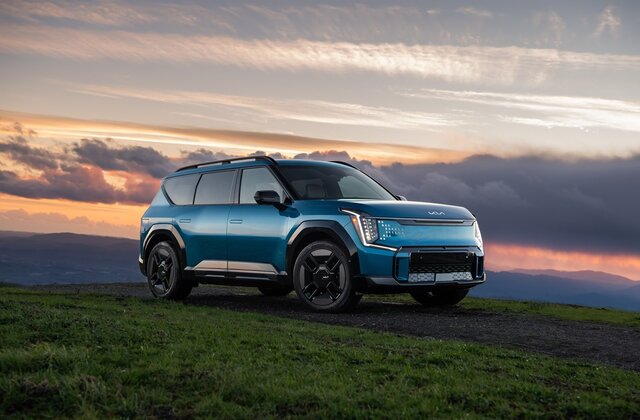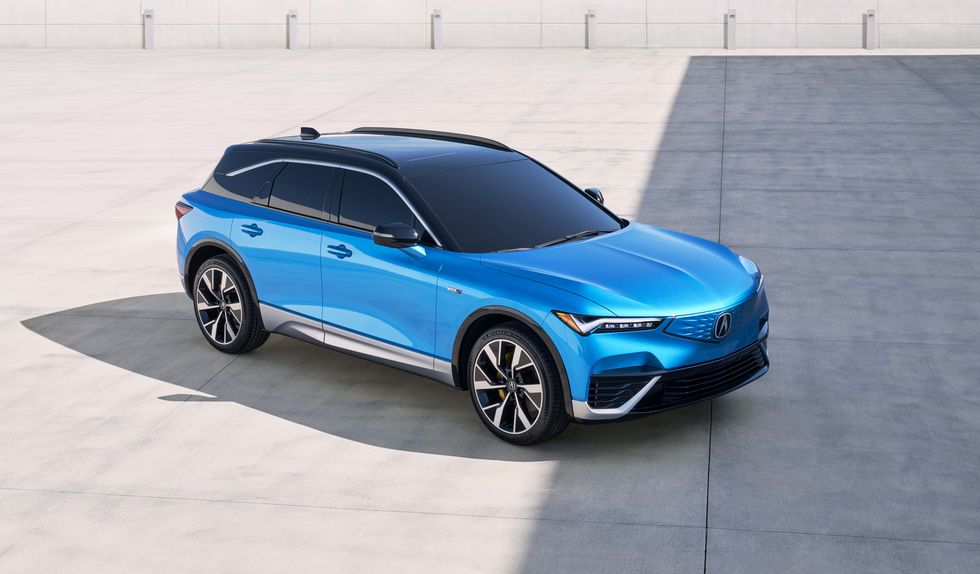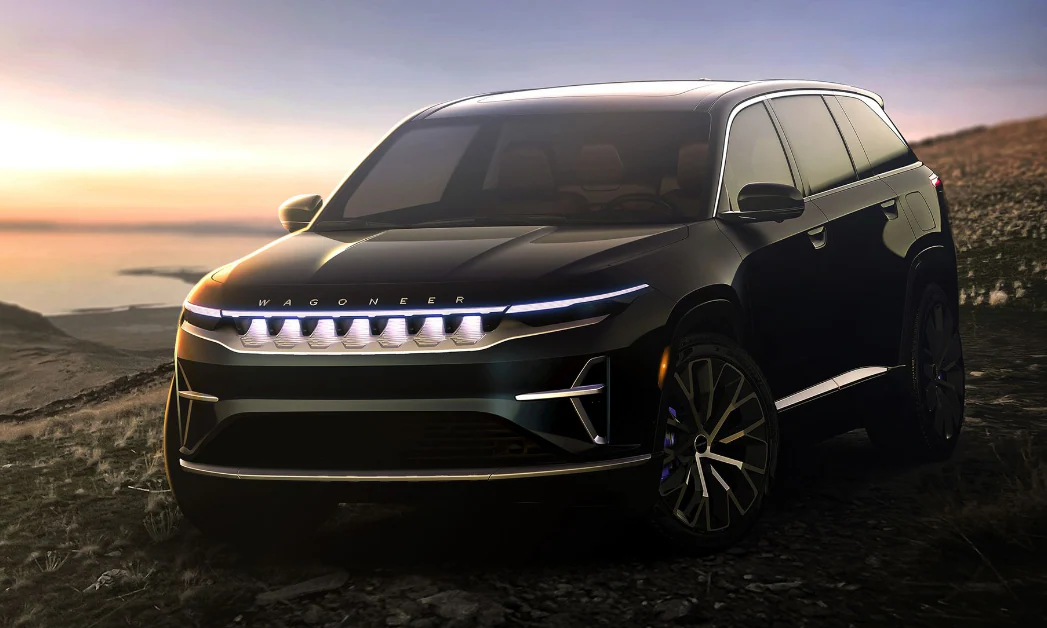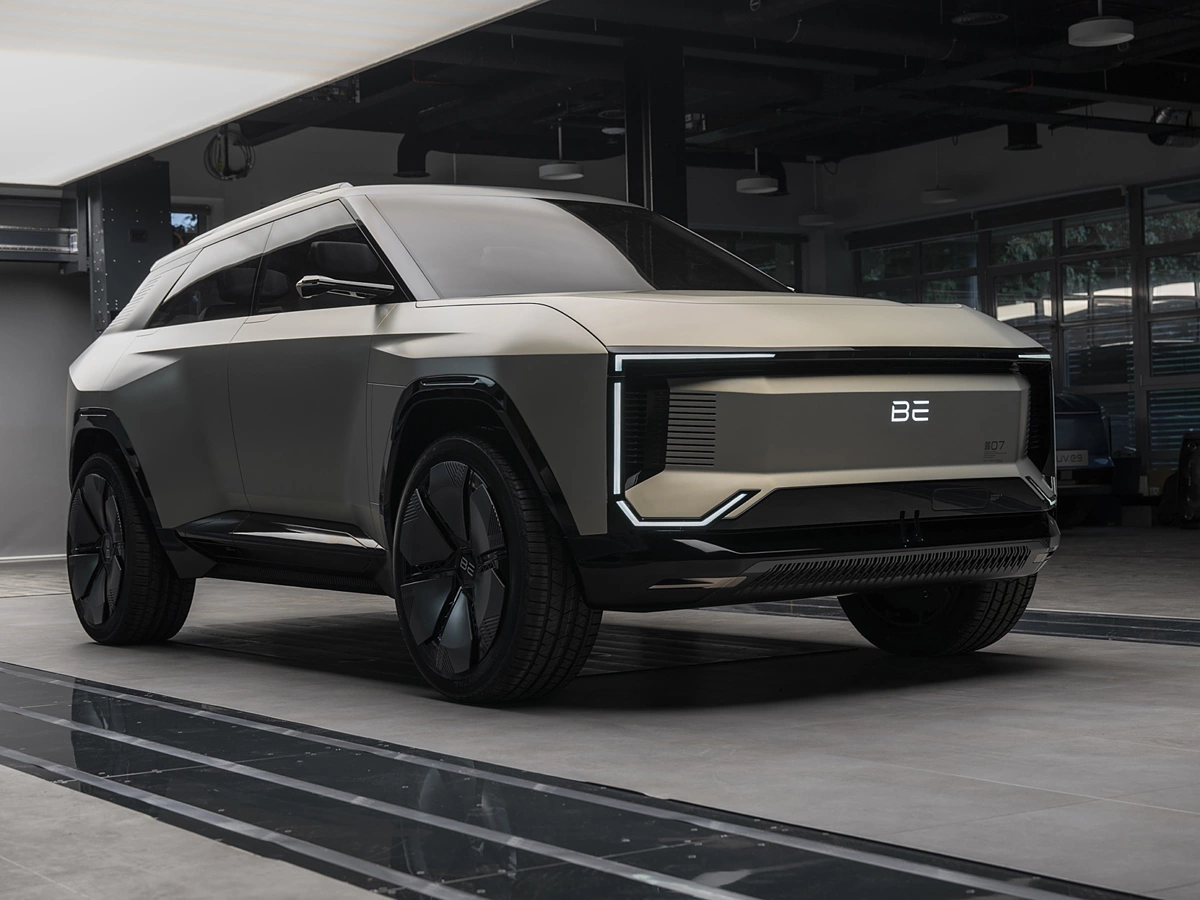Electric SUVs are rapidly becoming a popular choice for consumers seeking a blend of sustainability, performance, and practicality. As the automotive industry shifts towards electric vehicles (EVs), the demand for electric SUVs has surged, offering an eco-friendly alternative to traditional gasoline-powered vehicles. This article will explore the rise of electric SUVs, their benefits, key features, and the impact they are having on the automotive market and the environment.

The Rise of Electric SUVs
The transition to electric vehicles has been driven by increasing environmental awareness, advancements in battery technology, and government incentives promoting sustainable transportation. Electric SUVs, in particular, have gained traction due to their spaciousness, versatility, and capability to meet the diverse needs of modern drivers.
Growing Popularity
Over the past decade, electric SUVs have seen significant growth in popularity. Automakers are responding to this demand by launching a variety of models that cater to different preferences and budgets. From luxury electric SUVs to more affordable options, there is a growing range of choices for consumers.
Key Players
Several automakers have made significant strides in the electric SUV market. Tesla, with its Model X and Model Y, has set a high standard for performance and technology. Other manufacturers like Audi, Jaguar, and Ford have also introduced successful electric SUVs, such as the Audi e-tron, Jaguar I-PACE, and Ford Mustang Mach-E. These models demonstrate the industry’s commitment to innovation and sustainability.
Benefits of Electric SUVs
Electric SUVs offer numerous advantages over their gasoline counterparts, making them an attractive option for many drivers.
Environmental Impact
One of the most significant benefits of electric SUVs is their positive impact on the environment. By producing zero tailpipe emissions, these vehicles help reduce air pollution and greenhouse gas emissions, contributing to cleaner air and a healthier planet. As the electricity grid becomes greener with more renewable energy sources, the overall carbon footprint of electric vehicles continues to decrease.
Lower Operating Costs
Electric SUVs typically have lower operating costs compared to traditional gasoline vehicles. Electricity is often cheaper than gasoline, and electric vehicles have fewer moving parts, resulting in lower maintenance costs. Drivers can save money on fuel, oil changes, and other routine maintenance tasks.
Performance
Electric SUVs are known for their impressive performance. Electric motors provide instant torque, resulting in quick acceleration and a smooth driving experience. Many electric SUVs offer all-wheel drive capabilities, enhancing traction and stability in various driving conditions. The low center of gravity, due to the placement of the battery pack, also improves handling and reduces the risk of rollovers.
Technology and Features

Electric SUVs are often equipped with the latest technology and features. Advanced driver-assistance systems, large infotainment screens, and over-the-air software updates are common in these vehicles. Many electric SUV also come with regenerative braking systems, which help extend the range by converting kinetic energy back into electricity during braking.
Key Features of Electric SUVs
Electric SUVs are designed to meet the needs of modern drivers, offering a range of features that enhance convenience, safety, and comfort.
Spaciousness and Versatility
One of the main attractions of SUVs is their spaciousness, and electric SUVs are no exception. They offer ample passenger and cargo space, making them ideal for families, outdoor enthusiasts, and anyone who needs extra room for their belongings. Many models also come with flexible seating arrangements, allowing for easy customization of the interior layout.
Range and Charging
Range anxiety, or the fear of running out of battery power, has been a concern for potential electric vehicle buyers. However, advancements in battery technology have led to significant improvements in range. Many electric SUVs now offer ranges of over 200 miles on a single charge, with some models exceeding 300 miles. Charging infrastructure is also expanding, with more public charging stations and faster charging options becoming available.
Safety Features
Safety is a top priority for automakers, and electric SUVs are equipped with a wide range of safety features. These include advanced driver-assistance systems like adaptive cruise control, lane-keeping assistance, and automated emergency braking. The structural integrity of electric SUV, combined with the low center of gravity from the battery pack, contributes to their excellent safety ratings.
The Impact on the Automotive Market
The rise of electric SUVs is reshaping the automotive market in several ways.
Market Growth
The electric SUV segment is one of the fastest-growing areas in the automotive industry. As consumer demand increases, more automakers are entering the market with new models and innovations. This competition drives further advancements in technology and affordability, making electric SUVs more accessible to a broader audience.
Shifting Consumer Preferences
Consumers are increasingly prioritizing sustainability and environmental responsibility when making purchasing decisions. The shift towards electric SUVs reflects a growing awareness of the need for cleaner transportation options. This change in consumer preferences is encouraging automakers to invest in electric vehicle technology and expand their electric vehicle offerings.
Government Policies and Incentives
Governments around the world are implementing policies and incentives to promote the adoption of electric vehicles. These measures include tax credits, rebates, and subsidies for electric vehicle purchases, as well as investments in charging infrastructure. Such support is crucial for accelerating the transition to electric mobility and reducing the environmental impact of transportation.
The Future of Electric SUVs

The future of electric SUVs looks promising, with continued advancements in technology, increased consumer adoption, and supportive government policies.
Technological Advancements
Ongoing research and development in battery technology togelup are expected to lead to even greater improvements in range, charging speed, and cost. Solid-state batteries, for example, have the potential to revolutionize the electric vehicle market by offering higher energy density and faster charging times. Additionally, advancements in autonomous driving technology could enhance the convenience and safety of electric SUV.
Expansion of Charging Infrastructure
The expansion of charging infrastructure is essential for the widespread adoption of electric vehicles. Governments and private companies are investing in the development of fast-charging networks, making it easier for drivers to charge their vehicles on long trips. Innovations such as wireless charging and vehicle-to-grid technology could further improve the convenience and functionality of electric SUVs.
Increased Model Variety
As the market for electric SUVs grows, consumers can expect a wider variety of models to choose from. This includes not only luxury electric SUVs but also more affordable options and specialized models designed for specific needs, such as off-road capabilities or enhanced cargo space. The increased variety will make it easier for consumers to find an electric SUV that fits their lifestyle and budget.
Environmental Impact
The continued adoption of electric SUV will have a positive impact on the environment. As more drivers switch to electric vehicles, greenhouse gas emissions and air pollution will decrease, contributing to a healthier planet. The shift to electric mobility also supports the transition to renewable energy sources, as electric vehicles can be powered by clean energy generated from wind, solar, and other renewable sources.
Conclusion
Electric SUVs represent a significant step forward in the pursuit of sustainable transportation. Their combination of environmental benefits, lower operating costs, impressive performance, and advanced technology makes them an attractive option for a wide range of consumers. As the automotive industry continues to innovate and expand the electric SUV market, these vehicles are poised to play a crucial role in shaping the future of mobility.
The rise of electric SUVs is not just a trend but a transformative movement towards cleaner, more efficient, and more enjoyable driving experiences. With continued advancements in technology, supportive government policies, and growing consumer demand, electric SUV are set to become a dominant force in the automotive landscape, driving us towards a more sustainable future.
Read More Article About “Psychological Impact of Modern Life Coping with Stress 2024“
